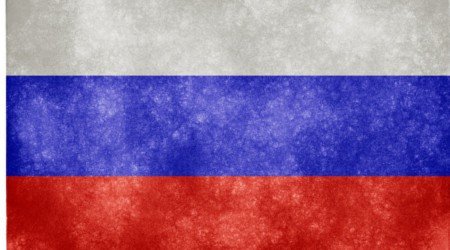
Roskomnadzor, the country’s telecom agency, aims to improve its efforts to keep international online gambling sites from reaching Russian customers.
The agency recently alerted Russian internet service providers regarding its plans to improve the agency’s ineffective domain-blocking mechanism. According to the new plan which will launch on October 1, Roskomnadzor will be able to enter domains into the forbidden registry using the Internet Protocol version 6 (IPv6).
Currently, Roskomnadzor’s domain-blocking system is based on the previous IPv4 protocol, which was supplanted by IPv6 over a year ago. The old protocol allowed internationally licensed gambling portals to slip through the agency’s blocking mechanism.
It is said that Roskomnadzor is the world’s most ban-happy telecom regulator when it comes to international operators competing with locally licensed online betting operators. In the seven days ending August 21, Roskomnadzor banned more than 3,300 unauthorized gambling sites.
The agency claims that it’s only responding to the public complaints about unlicensed gambling websites. In the first half of this year, Roskomnadzor received almost 240,000 complaints regarding unauthorized online operators, twice the number received in the same period in 2017.
Meanwhile, the country’s Central Bank is itching to get in on all this domain-blocking action. The Bank has drafted an amendment to the Law on Information that would enable it to block the domain of any site that considers to be involved in ‘financial fraud’. The Russia’s Central Bank wants to be able to impose these domain-blocks without the bother of obtaining a court order first.
In May of this year, Russian financial institutions gained the possibility to block payments to unauthorized gambling sites. Two months later, the Federal Tax Service sought permission to access customer account information at will to “identify and suppress illegal business activities.”



























